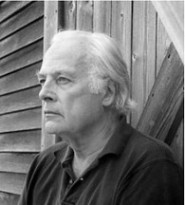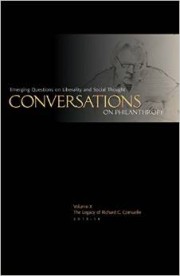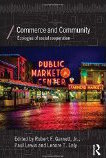Pursuing the Happy Society: Faculty vs. Positive Psychology
History does not repeat itself, but some questions are worth asking repeatedly. Such are questions about the nature of the good life: What is it? How do we get it? Every age has posed these queries, but because the answers have been so varied, the hope of many has been to seek a core element in a common human nature that will finally settle the matter.
It is no surprise that in our present age we try to bring the powers of science to bear upon these questions. This has been the object of positive psychology. It is an appropriate inquiry in America, where a concern for the pursuit of happiness was set down at the outset of our political life. That concern was itself influenced by an earlier idea of human understanding that historians have termed faculty psychology (Howe 1997, 63-103). So the question arises: Is our current pursuit of this question in line with our earlier notions of what constitutes a life worth living, and do these notions sit well with the institutional structures we have put in place? Or do the implications of positive psychology fundamentally challenge the very foundations of our civil life?
Faculty psychology was the basis from which the critical distinction between government and society was most fully developed in the modern era. The higher faculties of the mind were seen as constituting the basis for what the ancients had regarded as the higher virtues of private morality, epitomized by a regard for others and a rational, long-range view of one’s self-interest. Whereas the ancients looked to the well-ordered city as the means of controlling the base passions of the multitude so that a few might be free, the contributors to faculty psychology had a more expansive object. They saw the corruption of power as the central cause of the degradation of social life for the many, and tried to distinguish between the base passions unleashed by unrestrained governments and the creative energies fostered by a society of individuals enjoying equal liberties. The two realms were inextricably connected, but their distinction was critical to a proper conceptualization of a free society. Without a limited government dedicated to the administration of equal laws, the liberty of individuals could never be secure, and society would languish. Daniel Walker Howe takes note of this distinction between government and society when he observes, “The disposition of the Scottish thinkers to minimize the importance of law as compared with other social forces had lasting consequences. It helps explain the determination of their followers, across the eighteenth and nineteenth centuries, to rely whenever possible on custom, moral exhortation, voluntary societies, and education as instruments of virtue in place of legal sanction” (1997, 54).
There is much to recommend what we now call positive psychology. It has thrown off the limitations of nineteenth and twentieth century clinical psychology and its almost exclusive focus on pathology, moving on to investigate the potential of individuals to seek and find happiness. It does so by attempting to work with the person’s inner capacities for making choices among ends that are consonant with a proper sense of self. Like earlier faculty psychology, it even recognizes that the mind is composed of parts that “sometimes conflict” (Haidt 2006, xi). The key is to find the right way to mediate these conflicts.
Read more here.




